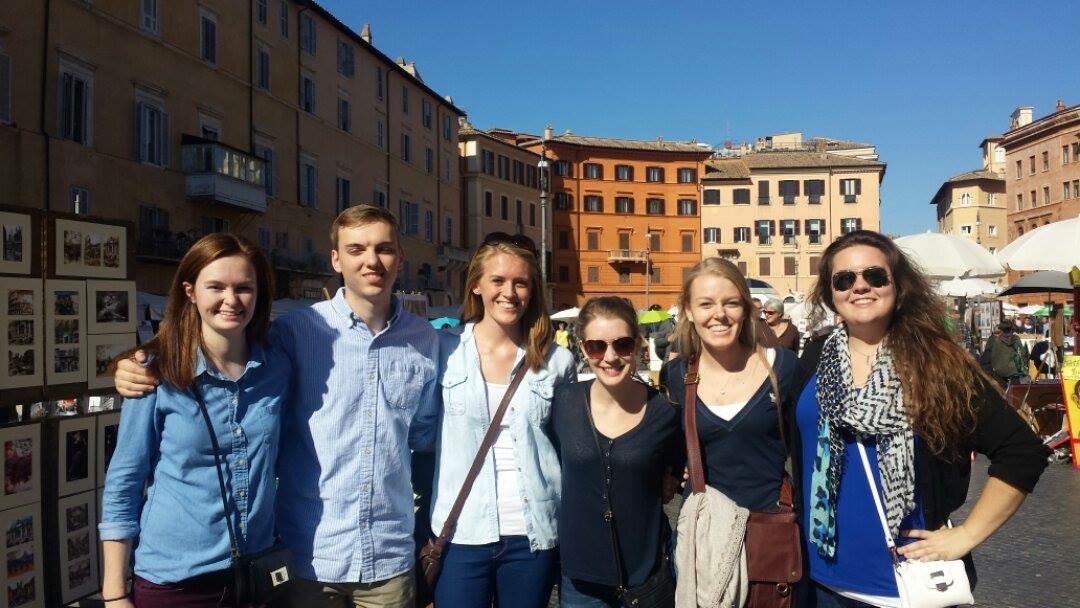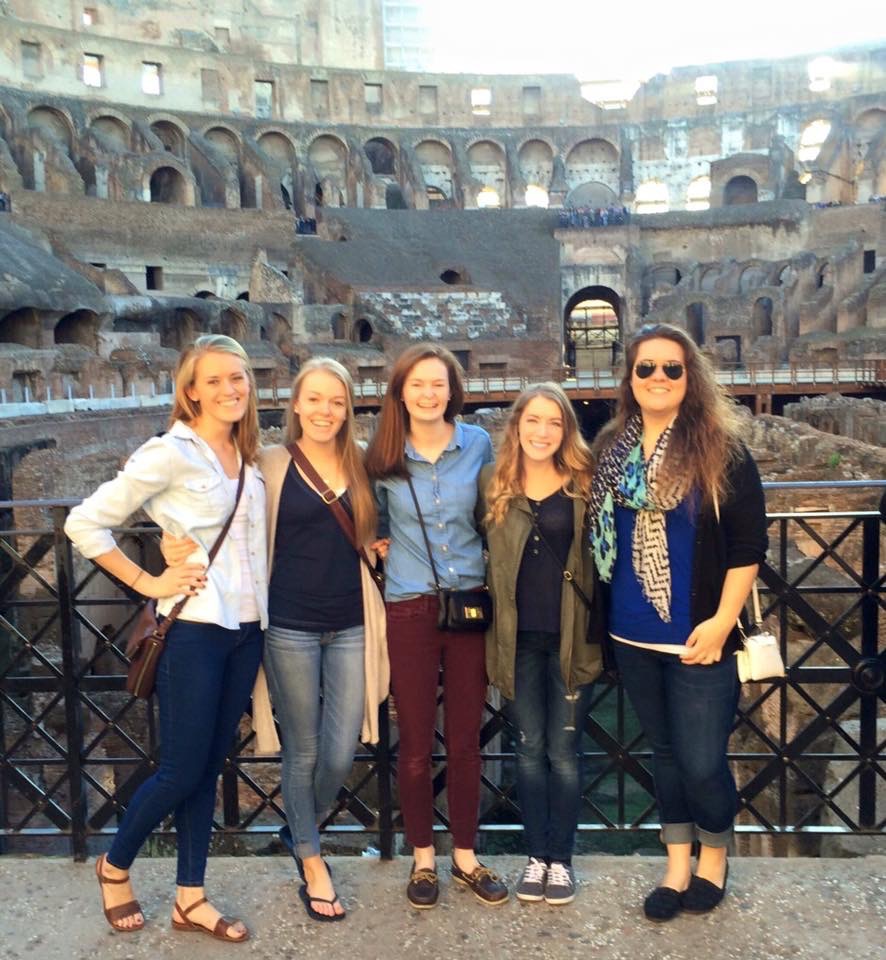
How to Survive without Your Phone during Study Abroad
Written by Elizabeth November 3, 2015







In the United States, the Internet gives us access to pretty much anything at any given time. At home, we all have plenty of data on our plans each month, and there’s free wifi essentially everywhere we go. If I have a question, I google it. If I need to get somewhere, I use my transit app. If I need to ask my mom a question, I send her an iMessage. If I want to know what the weather’s going to be like on Saturday, I open up the weather app. Are you sensing a pattern? Speaking broadly, we are very dependent on the Internet. However, I never knew quite how dependent I was until I arrived in Italy with no cell service, no data, and no wifi. (Until I got a phone plan, anyway!)
This weekend, I was in Rome, and it was the first time I’d been in a really big city without good internet on my phone. I have limited data on my international plan, but not enough to use it freely. Without access to the world wide web at any given moment, I have found myself leaving my phone in my purse and engaging more fully in what is going on around me. I’m not as stressed about contacting the other groups of Cimbians to meet up, I don’t worry about googling the significance of each monument, and I get a much-needed break from social media.
Starting with the trains, being wifi-free is a nice opportunity to reflect on the events of the last days of school or travel. It’s a chance to disconnect, zone out, admire the countryside, and feel thankful for the circumstances that have allowed for me to spend this semester abroad. Often, the train is where I compose rough drafts for blog posts! It’s a time where I can clear my head and think about what lessons I learned over the weekend. It’s also a time to beat my fastest solitaire time or work on a new high score on 2048. 😉
Restaurant dining is another situation where a lack of wifi has made a noticeable difference. For one thing, the waitstaff aren’t in as much of a rush as they are at home, and prompt service isn’t such a big deal. When we arrive at a restaurant, the host will quickly seat us at a table, but it might be five minutes before the waiter brings over menus and then ten or fifteen minutes before he comes back to take the food order. Then, when the food arrives and we’ve finished eating, we have to flag down the waiter for the check. Then, you have to flag him down again to come back for the check when you’re ready to pay. There’s not the same sense of urgency that exists in restaurants at home and once you know to expect it, the whole dining experience becomes more relaxing. A lot of restaurants offer free wifi, but once everyone has caught up with the outside world, it’s really nice to take a break from the hustle of tourism and enjoy a meal together. A game that’s caught on among Cimbians is known as “phone Jenga,” where everyone stacks their phones in the middle of the table at the start of the meal. Then, the first person to reach for their phone out of the pile has to pay the bill for the whole table. The idea is that we spend the meal talking to one another, rather than staring at our phones and missing out on great conversation. I have yet to see someone volunteer to pay for the meal by reaching for their phone!
Navigation is another area where internet makes a difference. Planning ahead and creative problem solving have certainly been skills I’ve developed when navigating Italian cities. CityMaps2Go has been my primary resource for navigation, and it’s great because it doesn’t require internet once you’ve downloaded the map for your city. Before leaving CIMBA on Fridays, I download the map for the weekend and put pins on the places that I want to be sure to see. Then, I’m able to access the map all weekend without having to use my minimal data by relying on Google maps to get around. My phone becomes like those good old paper maps that my parents keep talking about, and we follow the map from point A to point B (and C and D and E and F) without Siri giving instructions every 200 feet.
Experience aside, I would highly recommend getting a European SIM card while abroad. When I was traveling in Italy for the first five weeks of the program, I had an Italian SIM card that allowed me to get in touch with other Cimbians, use google as a reference, and call for taxis. It’s liberating to be without Internet, but it’s also practical to have access to it in case of an emergency. Save it for emergencies, though, and take in the scenery while it’s surrounding you on all sides.











